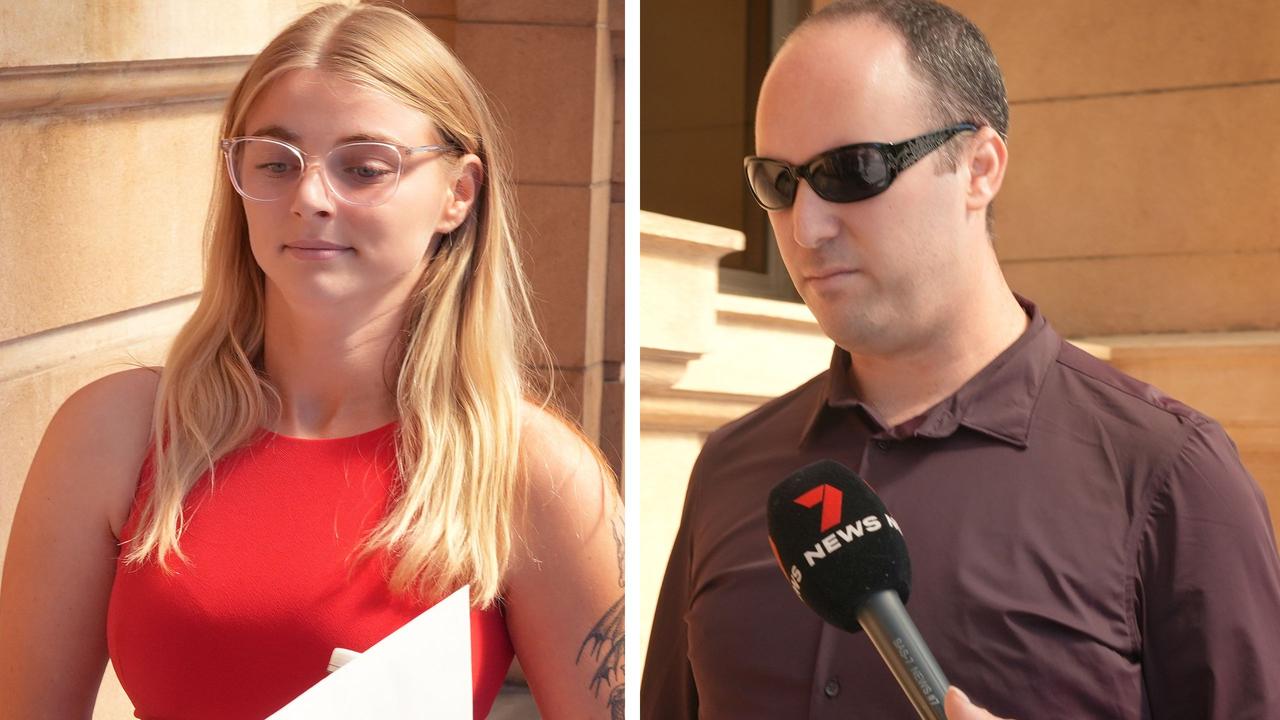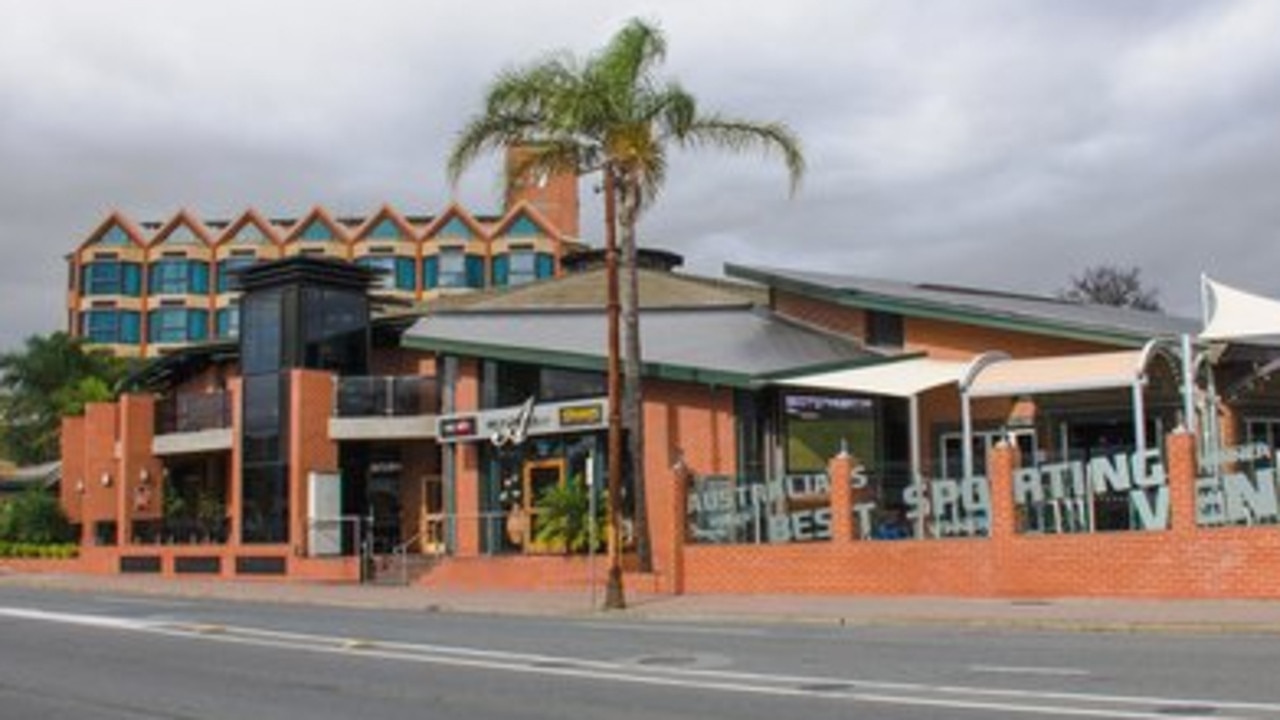Education Minister says wellbeing must be given equal focus to NAPLAN results following concerns about kids' mental health
Two years of disruptions mean SA’s schools have to consider more than just NAPLAN results, the new education minister says.
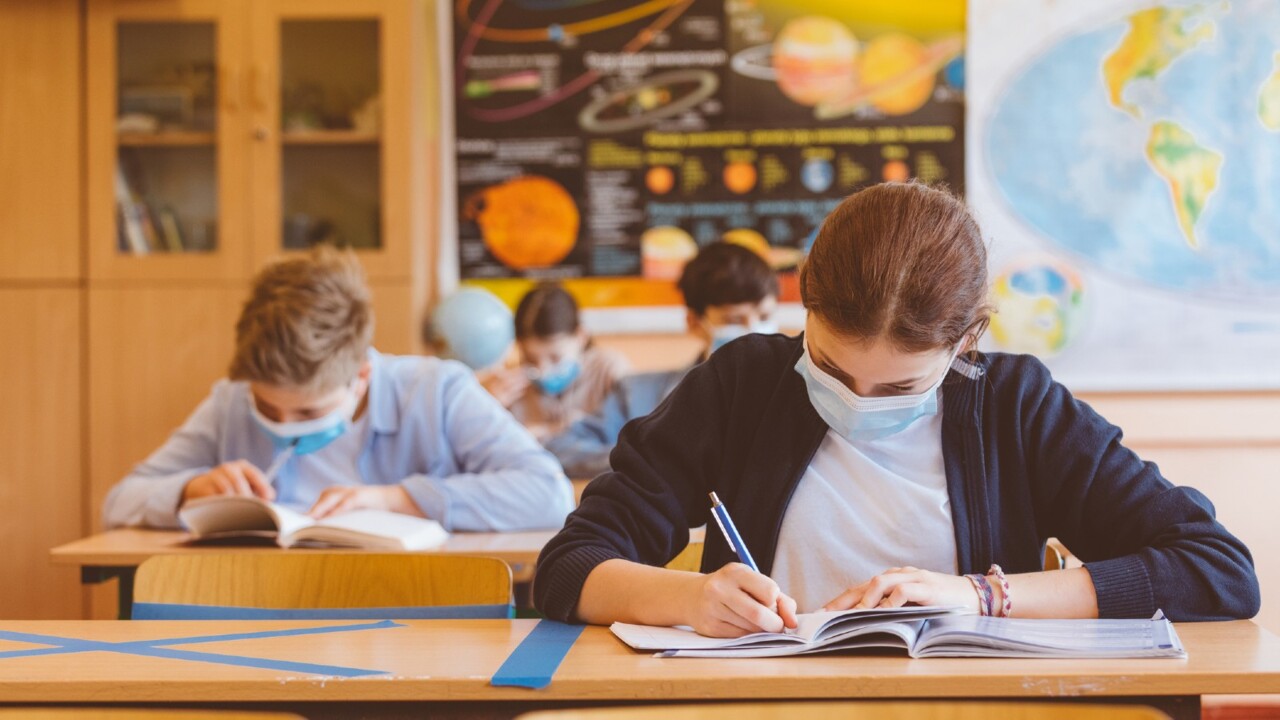
SA News
Don't miss out on the headlines from SA News. Followed categories will be added to My News.
South Australia’s education system should place an equal focus on students’ wellbeing to other measures such as NAPLAN results, amid escalating mental health concerns.
That’s the view of new Education Minister Blair Boyer, who says that after more than two years of the Covid-19 pandemic, wellbeing issues must be at the forefront of schools’ agendas.
“As well as having NAPLAN and PISA (Program for International Student Assessment results), wellbeing needs to be at the same level,” Mr Boyer said. “The wellbeing of our students can’t play second fiddle to anything else, and it needs to be right up there in terms of what we’re measuring and the considerations we make in terms of where we spend taxpayer dollars.”
In 2018, the Education Department began rating every public school on its academic results, spending more than $1m to engage global consultancy McKinsey on performance measures.
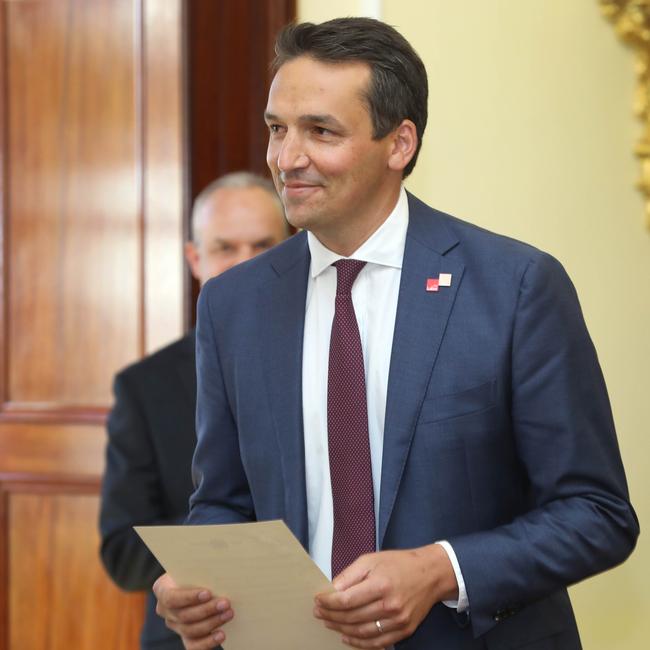
McKinsey uses a universal scale for comparing whole education systems.
The rating scheme, which includes NAPLAN and SACE results and year 12 completion data, aims to help the state achieve a “world-class” education system by 2028.
In addition to this, Mr Boyer said it was vital to measure students’ wellbeing – and for a heightened focus on addressing the challenges identified in the results, and celebrating successes.
He said wellbeing had “never been a bigger concern than it is right now” after the state had weathered more than two years of the pandemic.
“I think that laser focus we’ve had in the last four years on the road map to world class has sometimes come at the expense of looking at the wellbeing of students and staff,” Mr Boyer said.
“Kids are struggling with their mental health, battling issues around anxiety and depression. I hear of stories in the community about kids of primary school age with suicidal ideation.
“If we’re not doing as much as we can to tackle those issues, we can forget about the world-class stuff because it’s not going to happen.”
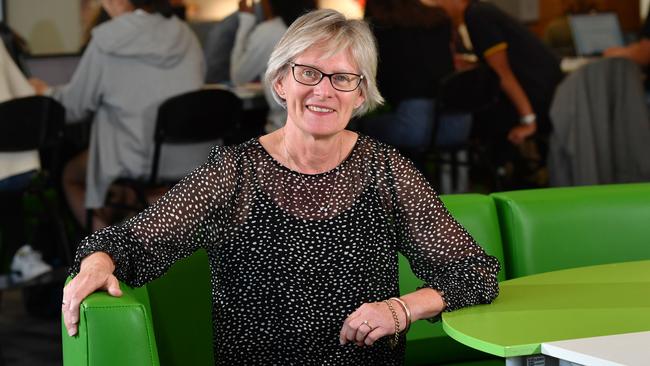
During the state election campaign, Labor pledged $50m for 100 more wellbeing officers in primary and secondary schools – including counsellors, child psychologists and occupational therapists.
Some of those appointments are expected to be made in the second half of this year, with all wellbeing officers on the ground from early 2023.
SA Primary Principals’ Association president Angela Falkenberg said wellbeing was already a focus in schools, including the collection of information from students every year. But she would welcome a “system focus” on the area, with more sharing of ideas.
“The data tells us that there’s an increase in child anxiety and children worrying about climate change and other things” she said.
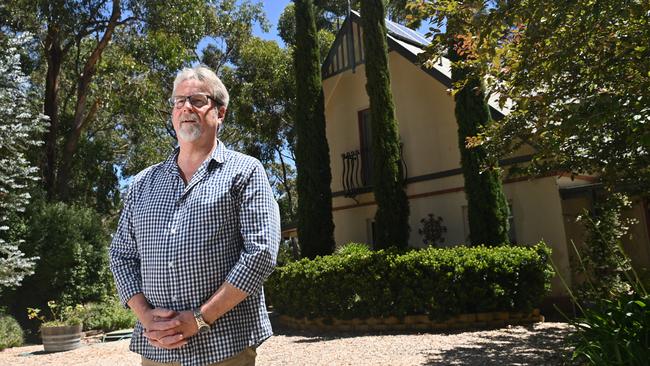
Flinders University College of Education lecturer Andrew Bills said undergraduate teaching students should focus more on wellbeing, embedding the issue across the entire school curriculum.
SA Secondary Principals’ Association chief executive Jayne Heath said parents, teachers and leaders must understand the relationship between wellbeing and learning. But she said measures of children’s wellbeing should not be collated in a way that enabled ranking among schools.




